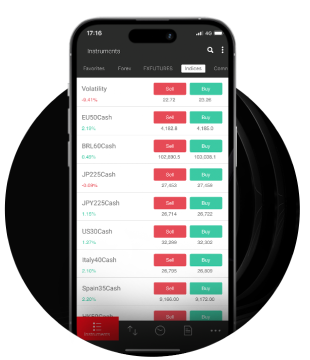The pound will remain under pressure as Brexit negotiations continue. Investors are becoming less and less confident on the possibility of a deal as the clock is ticking. The EU’s chief negotiator, Michel Barnier, has recently warned the bloc’s national ambassadors that it is not possible to “guarantee” a Brexit deal as significant differences remain. While the pound has strengthened on news that the discussions have been progressing, it has also been under pressure whenever the negotiations reached an impasse, and has become increasingly sensitive to news and rumours about the ongoing discussions and the rules that will govern the future relationship between the EU and the UK. Significant divergences regarding fisheries, the so-called level playing field and governance, persist and it is difficult to see whether the two sides are willing to soften their stance.
Most analysts are expecting a deal and the market does not seem to be willing to price in a no deal. However, if there is news of a no deal Brexit this could make things worse, especially before the end of the year when the Brexit transition period ends, driving the pound significantly lower. Thomas Pugh of Capital Economics thinks that a deal is mostly priced in, and that the pound could fall in a no-deal scenario. Since a breakdown in negotiations is still possible, then the pound could fall sharply to $1.15 in a so-called “cooperative” no deal or $1.10 in an “uncooperative” no deal.
Possible Brexit scenarios: “Uncooperative” and “Cooperative” No Deal
Chief UK economist Paul Dales of Capital Economics has clearly noted that the real risk of Brexit is not a no deal as the economic costs have diminished but the actual deterioration of the relations between the two sides.
Dales has said that the majority of analysis has focused on the idea of securing a deal with the EU and has failed to consider another significant risk. Any speculation about a deal is “impossible to call” and “as the differences between a Brexit deal and a no deal are not as big as they once were, the economic costs of a no deal have diminished.” For example, in a “cooperative no deal” scenario, the pound will fall, inflation may rise and GDP in 2021 might be only 1% lower compared to securing a deal. In such a situation, financial services equivalence would possibly be secured and any other arrangements will be dealt with in the future. The bigger risk however is the second scenario of a so-called “uncooperative no deal” where relations between the UK and EU will deteriorate and both sides will begin changing agreements already in place.
Internal Market Bill
The controversial Internal Market Bill is also a thorny issue. It could worsen relations between the two sides and set the foundations for a so-called “uncooperative no deal” where the EU could start legal proceedings and the pound would potentially fall to the lower levels.
The bill returned on the news on 7 December as MPs voted to reinsert the controversial clauses in the draft of the bill. Surprisingly, this coincided with the government’s apparent promise to avoid such clauses in an effort to compromise and meet the EU’s demands. The bill breaks international law because it gives ministers the right to unilaterally override the Northern Ireland protocol which has already been agreed with the EU as part of the previous Brexit Withdrawal Agreement. On Monday (7th December), the House of Commons voted to remove the amendments and return the bill to its original state. The bill with the controversial clauses has returned to the Lords on 9 December.
If there is no deal, and the bill eventually passes, it will mean that customs checks would not have to take place between Great Britain and Northern Ireland and would have to exist between Northern Ireland and Ireland, creating a hard border and breaching the Good Friday Agreement.
Dales said that in such a scenario the pound could fall as low as $1.10, inflation would rise to 4.1% and GDP may be 2.5% lower in 2021. Dales noted: “We suspect the chancellor would loosen fiscal policy by about £10bn – 0.5 per cent of GDP – and target it at those sectors hit hardest.” He added: “And the Bank of England would probably prop up demand, most likely through more gilt and corporate bond purchases rather than negative interest rates.”
A no deal Brexit will have a massive impact on the financial markets, but it won’t affect the FTSE 100 much as the lower pound will both boost and reduce overseas and domestic earnings, respectively, offsetting any lower valuations. However, as Dale highlighted, more domestic companies of the FTSE 250, will be negatively affected by a weaker sterling.
In the end, the best outcome for the Prime Minister and the government will be a Brexit deal at whatever cost as it will confirm that Johnson is competent and able to deliver Brexit. A deal will also mean that Scotland will not request a second Scottish Referendum, which will definitely be the case in the event of a no-deal Brexit. For the pound, a Brexit deal will also offer some respite and short-term gains, as markets are confident that a deal is the best solution moving forward.
Isenção de responsabilidade:
Esta informação não é considerada como aconselhamento ou recomendação ao investimento, mas apenas como comunicação de marketing. O IronFX não é responsável por quaisquer dados ou pela informação fornecida por terceiros aqui mencionados, ou com links diretos, nesta comunicação.
















